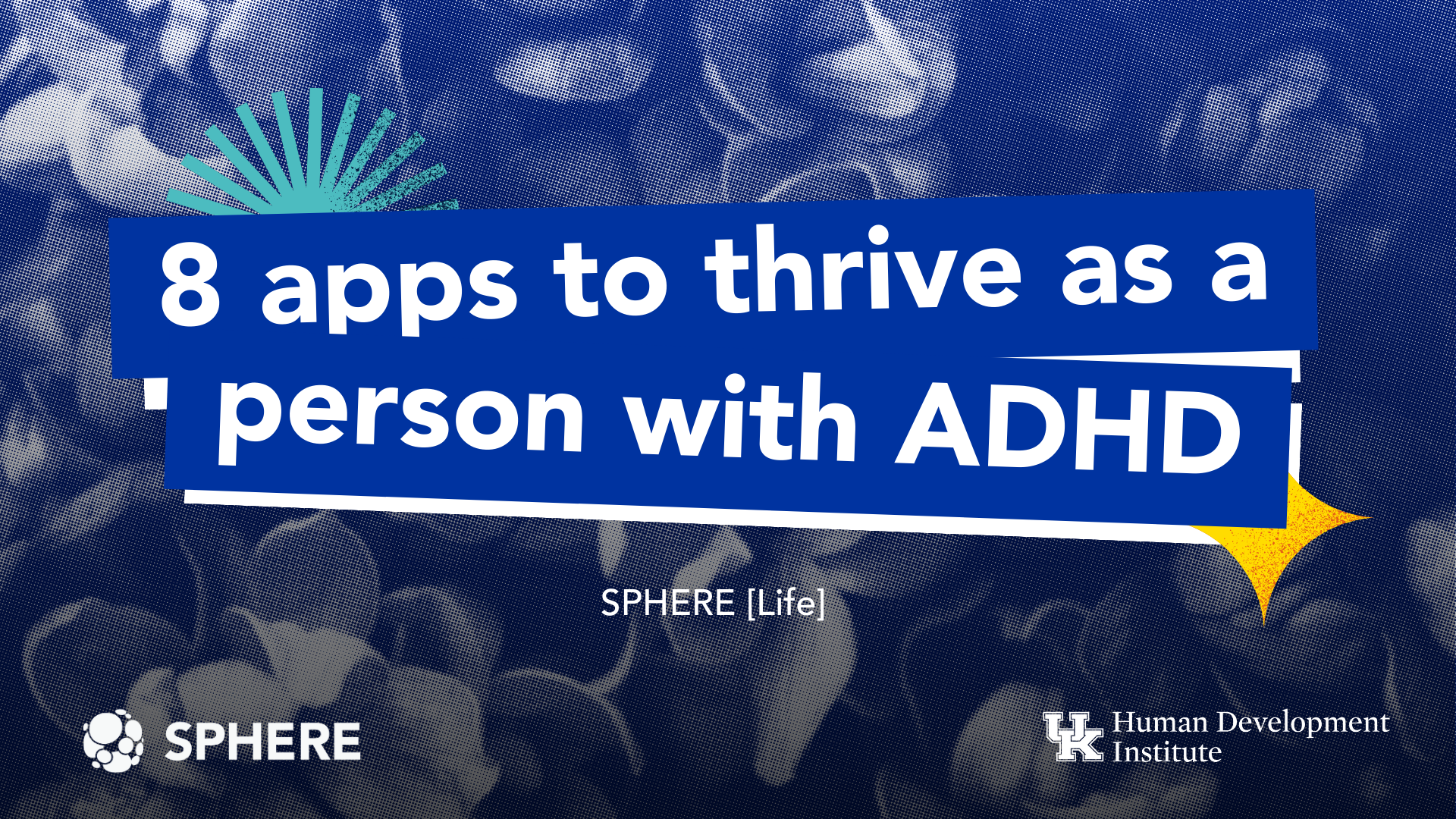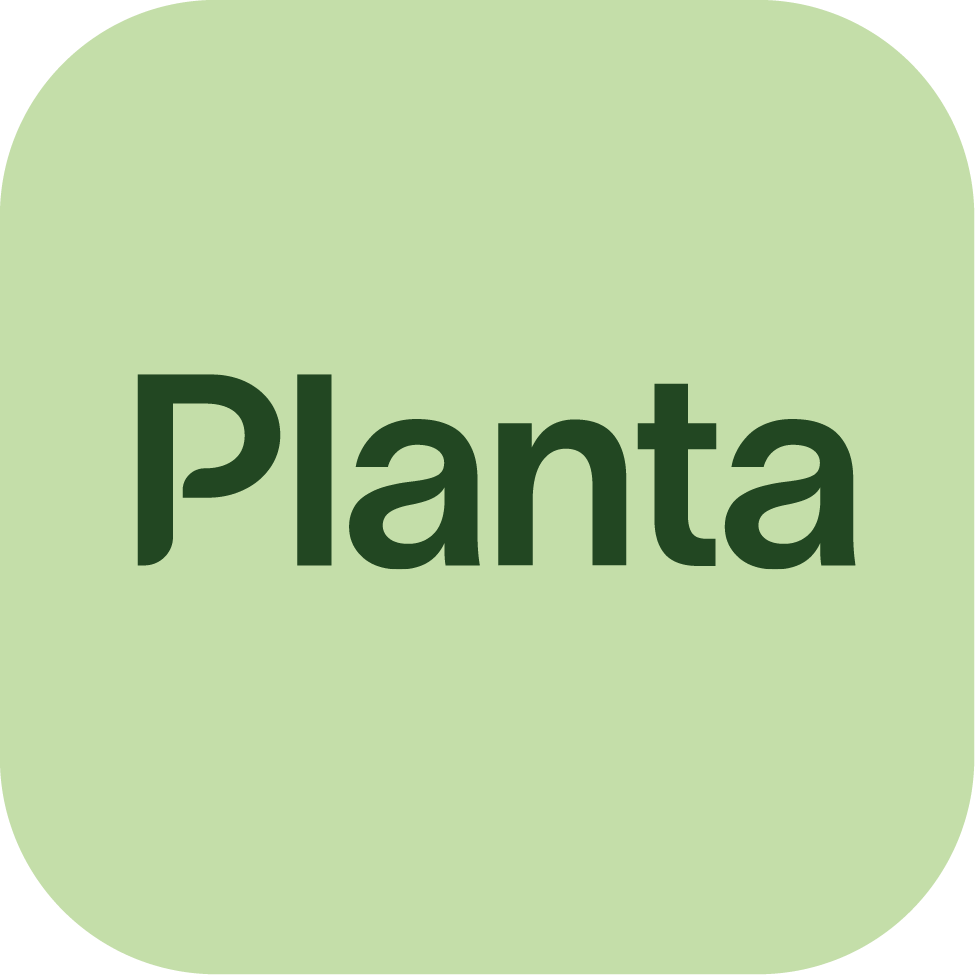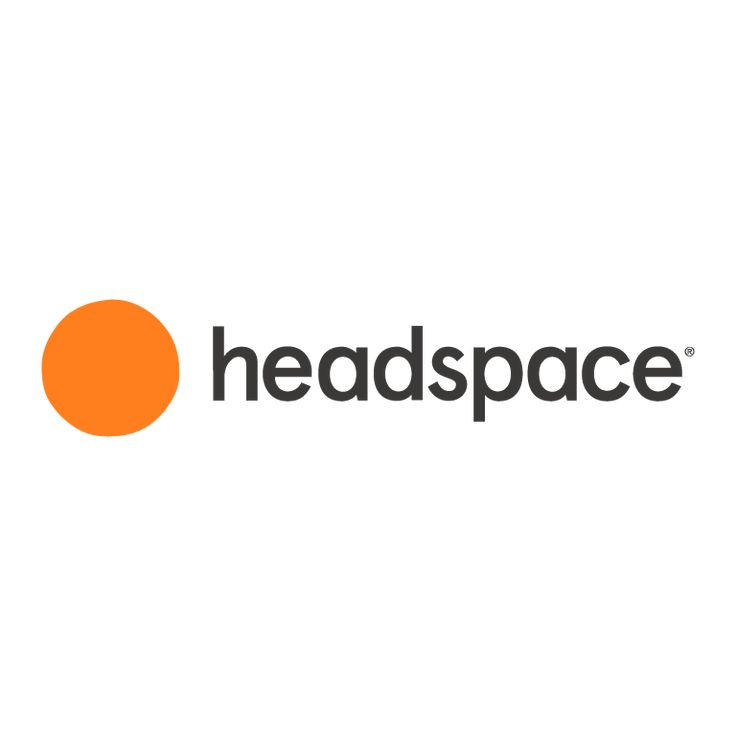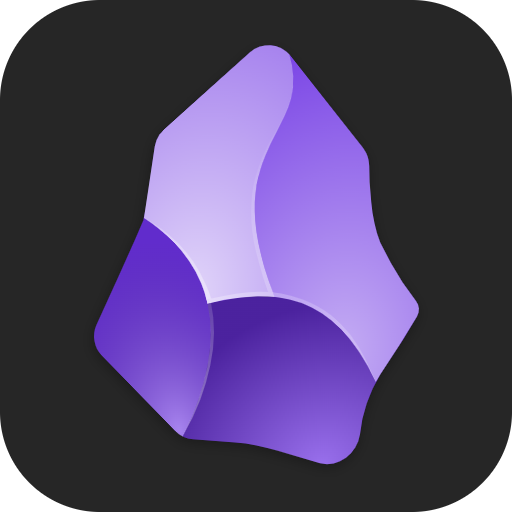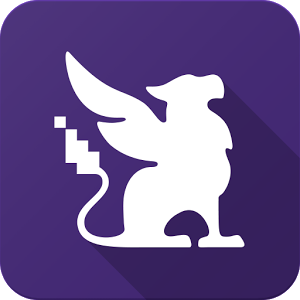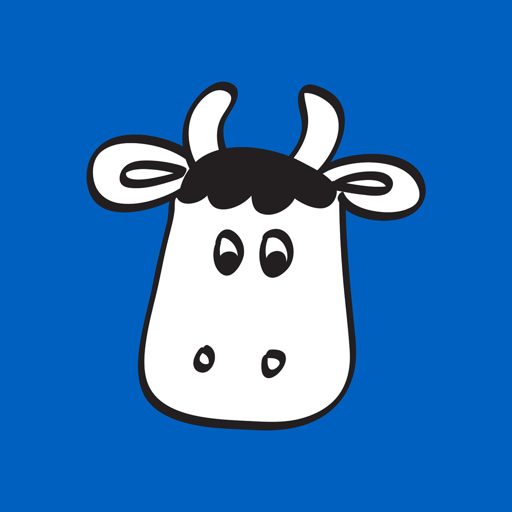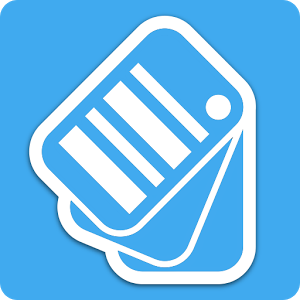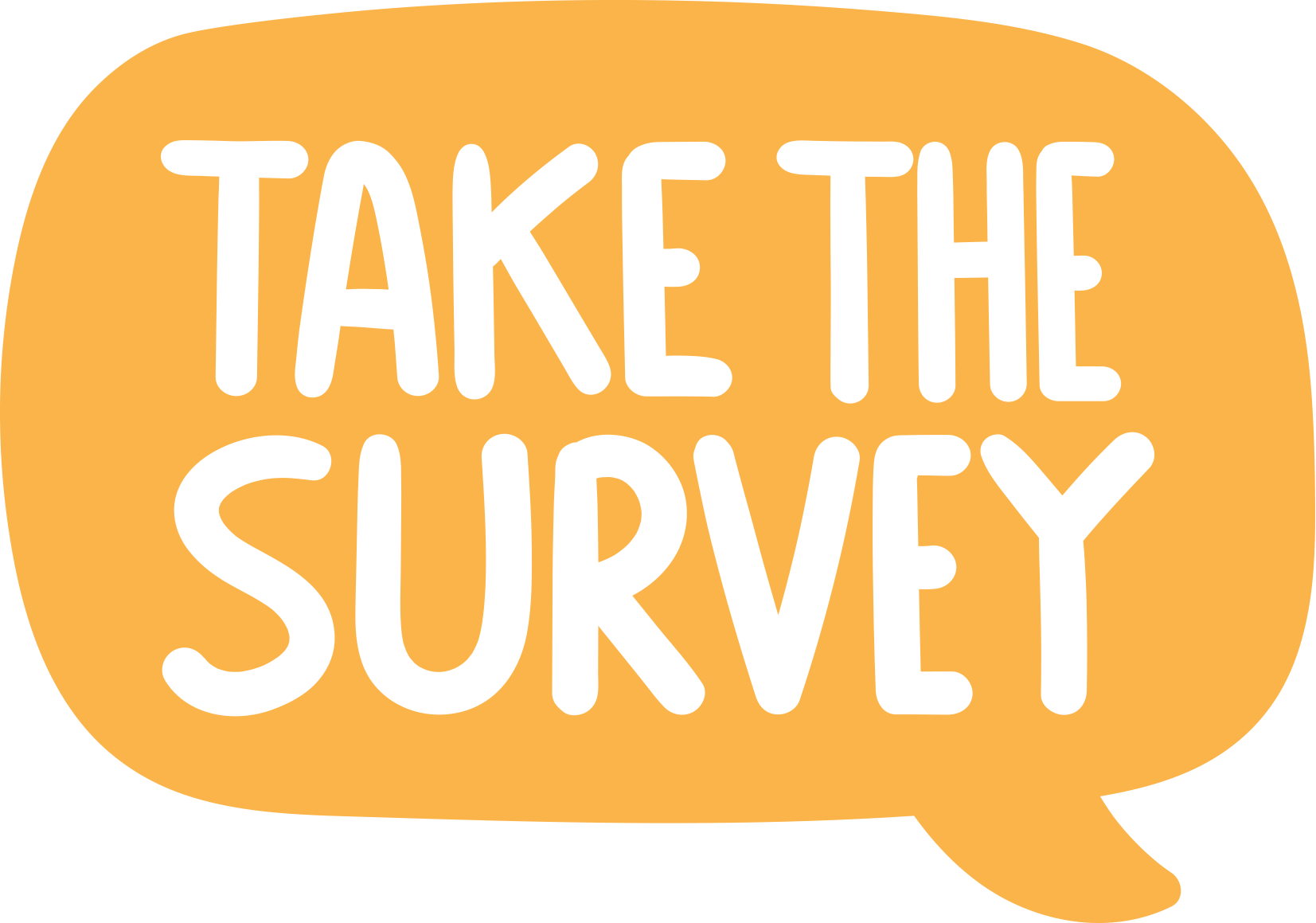Written by Eliott Hamilton, Student Informatician
Attention-Deficit/Hyperactivity Disorder (ADHD) affects about 10 million adults. While ADHD comes with many strengths like creative thinking and the ability to hyperfocus on a task, it also leaves many people struggling to navigate a world that was not made for them.
People with ADHD often struggle to manage time, start or complete tasks, or stay organized. This can affect all areas of life from work and school to relationships and mental health.
Navigating these challenges is frustrating and overwhelming for many people with ADHD and conventional approaches to overcoming these obstacles might not meet the needs of everyone. Smartphone apps can help bridge those gaps. Whether it’s managing tasks or practicing mindfulness, these digital allies can be invaluable in fostering productivity and personal growth.
Note: Apps can be helpful for getting work, chores, homework, and other to-dos done on a daily basis; however, they are not meant to replace help from a mental health care professional.
8 apps to thrive as a person with ADHD
Planta
Planta is a personalized reference tool for creating and tracking plant care routines. Users input their plants to get notifications when it’s time to water, fertilize, and re-pot each plant. Planta includes a photo-based identification tool, a light meter to test light levels in each room, and a diagnosis feature for struggling plants. Planta is a useful tool for those who struggle with object permanence or task management and can help plant parents keep their plants happy and healthy.
Calm
People with ADHD tend to experience increased stress levels and burnout. Mindfulness is a powerful tool for mitigating these challenges and promoting self-growth. Calm is a mental health resource that promotes sleep, meditation, and relaxation as tools to live stress-free. Calm offers mindfulness exercises through guided meditations, video lessons on gentle movement, and sessions supporting recovery from burnout. Calm also includes tailored soundscapes and music to support focus, relaxation, or restful sleep.
Headspace
Headspace is another mindfulness tool designed to provide accessible mental health support. Headspace’s science-based guided meditations, mindfulness exercises, and mental health coaching tools are all designed and facilitated by a team of counselors, psychologists, and social workers. Headspace offers resources to handle a wide range of mental health challenges and to build lasting habits.
Obsidian
Many people with ADHD are visual thinkers and learners who often struggle with traditional note-taking methods that lack visual connections across topics and note sections. Obsidian is a writing app that can be customized for various types of writing, including journaling, note-taking, and project management. Files are stored locally to promote privacy and are non-proprietory, so notes can be accessed outside of the Obsidian app. Users can also create links between notes for easy reference, build diagrams and charts directly onto a text file, and view the connections between linked files in an interactive graph, making it great for anyone who struggles with note organization or forgetfulness.
Habitica
Many people with ADHD struggle to maintain adequate dopamine levels, making task management a constant struggle. Habitica is a role-playing game that transforms completing everyday tasks into a dopamine-rich experience by turning them into a game to support habit-building. Users create an avatar, input daily tasks, habits, or to-do lists, then fight to conquer the task “monsters.” Completing tasks gains users in-game rewards to customize and buff their avatars. Habitica also offers a social productivity feature, allowing friends to hold each other responsible or take on monsters in “super accountability mode” where individual users’ activity affect the group as a whole.
Remember the Milk
ADHD frequently involves difficulties with memory and object permanence. Maintaining a well-organized list can help overcome these challenges and ensuring nothing is overlooked. Remember The Milk is a shareable, multi-list task-organizer that can sync across devices and calendars. Tasks can be added with due dates, priority rankings, future repetitions, and tags to better support detailed organization. Users can customize notifications to send through email, text, and various mobile apps and delegate by sharing tasks and lists with others. Remember The Milk also includes options for subtasks, breaking down the big tasks into manageable chunks.
Key Ring
Many people with ADHD are familiar with the dreaded “ADHD tax,” referring to the financial challenges often paired with ADHD. Key Ring is designed to manage all shopping tools in one place. Users can add loyalty and membership cards without the bulk of physical cards. Key Ring also includes a search function to find local deals. Users can save favorite items and be notified when new sales start.
Clarify ADHD
Clarify introduces thoughtful features designed to nurture the strengths of ADHD minds, shifting the focus from overcoming challenges to promoting inherent capabilities. Clarify is a support app designed for those with ADHD offering personalized strategies for time management, overcoming task avoidance, and maximizing productivity. Clarify guides users in daily, centering activities and in creating immersive to-do lists that fuel focus throughout the day. It features a Deep Work Room where tasks are approached one at a time with a visual timer and ambient music to occupy your phone and promote hyperfocus to achieve tasks. Clarify offers 2-minute audio coaching sessions that highlight the benefits of ADHD, reframing it as a positive asset.
Navigating the world with ADHD can be frustrating, overwhelming, and isolating. While work, school, and extracurricular schedules may not be created with neurodivergence in mind, it is still possible to thrive in all areas by working with ADHD. Embracing a digital toolkit empowers individuals with ADHD to create a personalized approach to their daily lives and highlight the valuable assets that come with neurodivergent thinking and identity.
For more information and resources on ADHD, visit www.cdc.gov/ncbddd/adhd/index.html or www.chadd.org.
